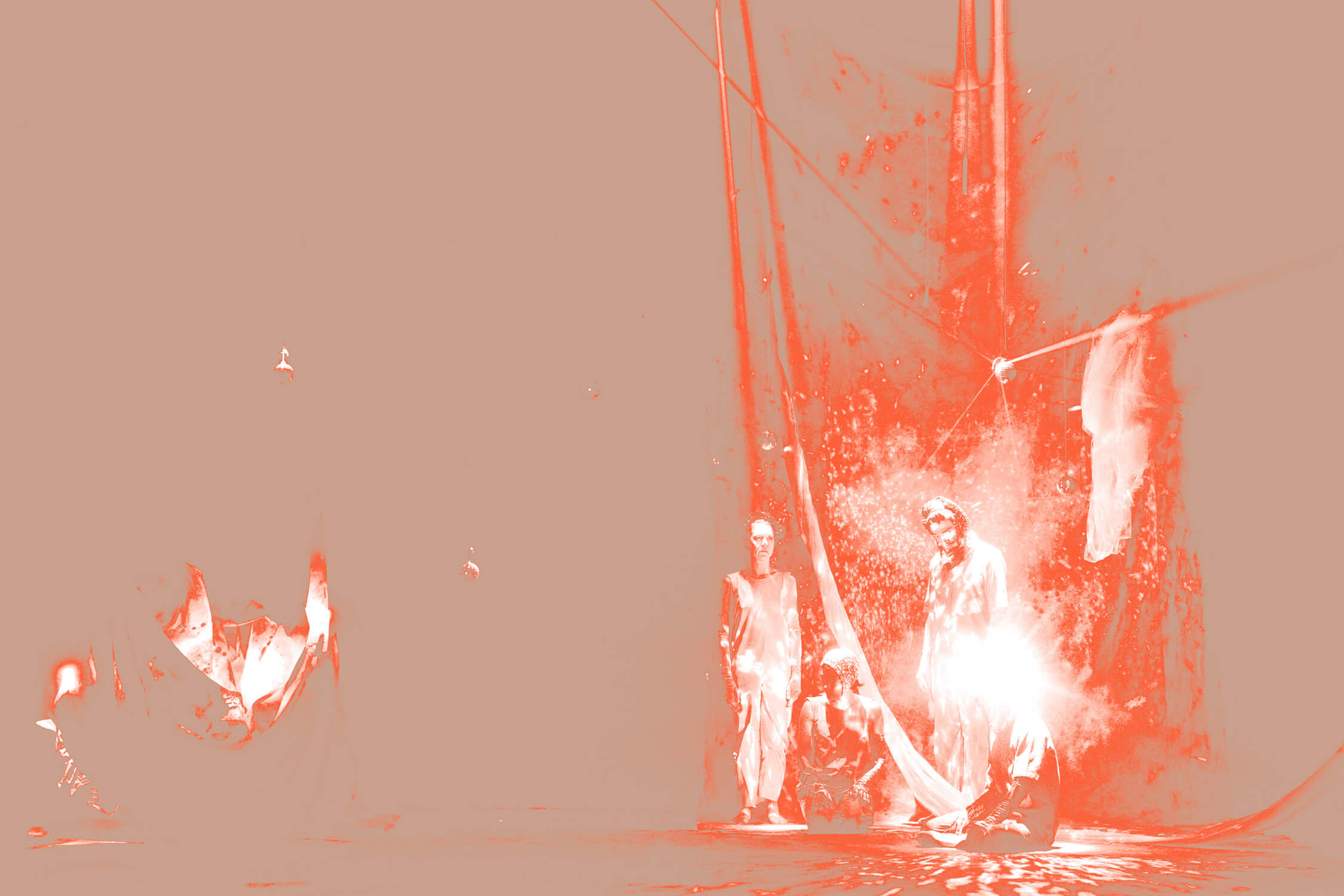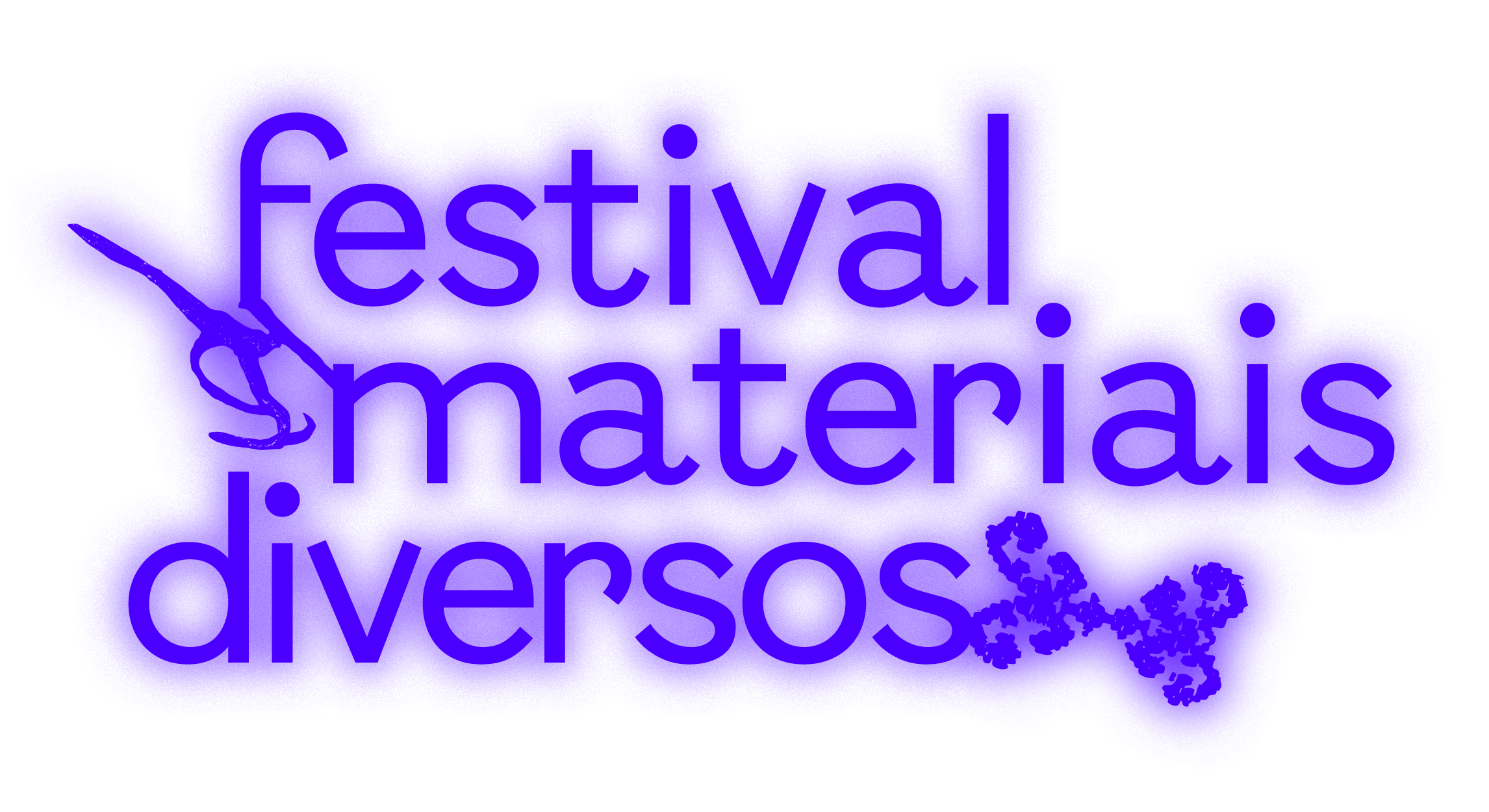October 5 (sunday), 4pm
October 6 (monday), 10:30am (school group session only)
Centro de Artes e Ofícios Roque Gameiro (CAORG), Minde
✳︎ activity based on the performance
October 5 (sunday), 5pm
Polje de Mira-Minde

Andar para Trás (Walking Backwards) is a dance fable that invites the audience to imagine other ways of walking through the world. Created especially for children, this piece proposes an allegory where the movement of walking backwards disarms the logic of linear time and reveals new ways of seeing, feeling and transforming reality. This show highlights “walking backwards” as a poetic and political gesture, where each step is an opening to the imagination. And where listening to the body and space is a driving force for change, designing a possible world within each movement. This dance fable thus evokes an ecosystem inhabited by hybrid beings, whose allegorical and imagistic character reflects and creates possible points of view for the future. It also poses questions such as: What is your horizon? What do you discover when you walk? What does the future have in store for you?
✳︎ relaxed sessions
Centro de Artes e Ofícios Roque Gameiro (CAORG), Minde
![]()
![]()
✳︎ activity based on the performance
Polje de Mira-Minde
![]()
![]()
Sara Anjo (PT, 1982) works in the field of dance as a performer, experimenting with scores and choreographic compositions. She is particularly interested in meditative and ecstatic practices, with breathing and walking as central elements. She is also engaged in developing her work in relation to outdoor spaces, landscapes, and natural environments. Her practice is continuously guided by the questions: What moves us? How do we move? And where are we moving?
She graduated from the Contemporary Dance Academy (2001), earned a BA in Artistic Studies at the Faculty of Arts of Lisbon (2008), and completed a postgraduate program in Contemporary Art at Lisbon’s Catholic University (2011). She holds a Master’s degree in Choreography from Das Graduate School in Amsterdam (2016).
Her work often activates a form of sonic theatre, where choreography and performative space are explored through soundscapes.
